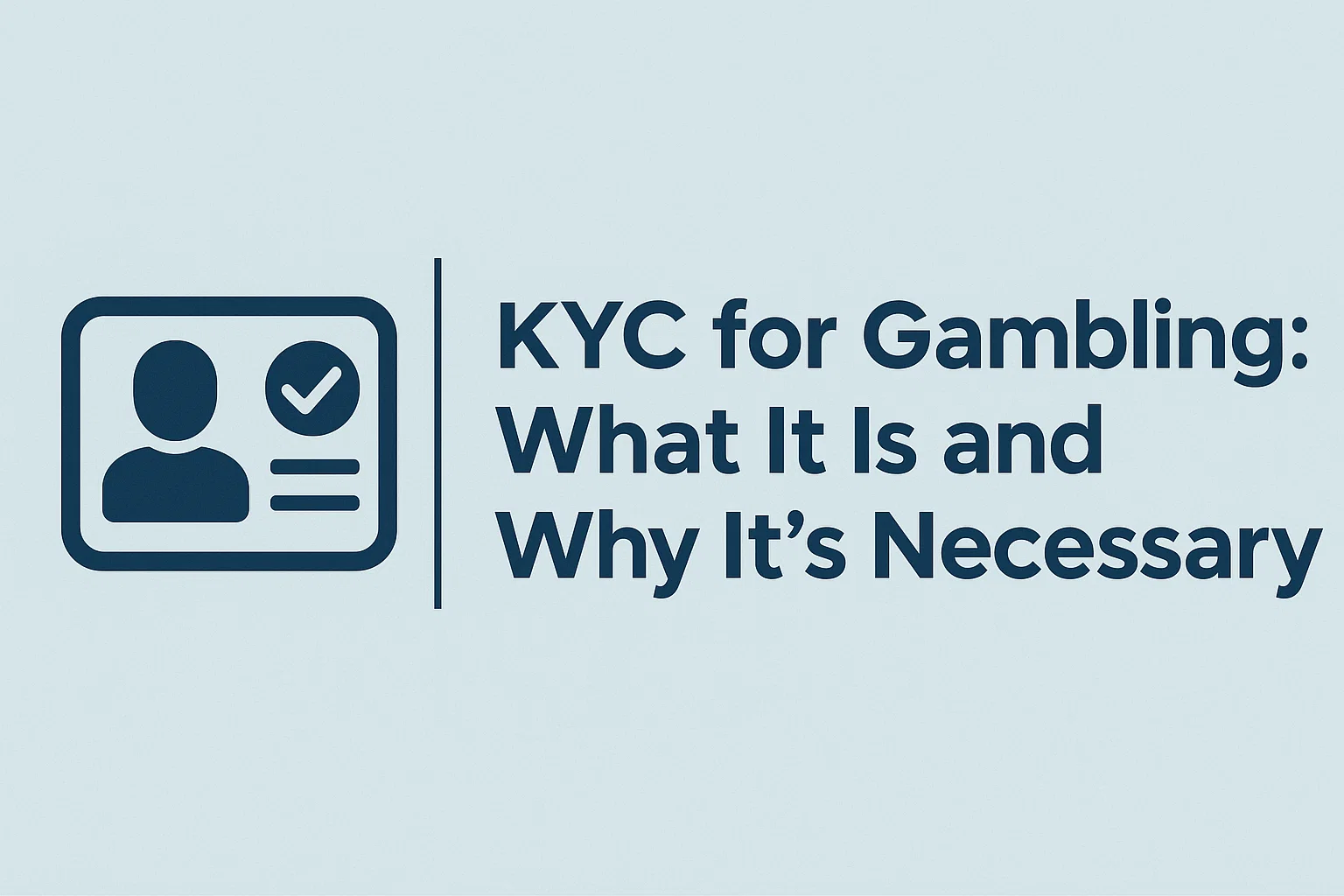KYC for Gambling: What It Is and Why It's Necessary
|
|
|
|
The industry of global gambling platforms is still slowly growing in size and user base. In fact, it is projected to reach USD 153.57 billion by 2030. And yet, along with growth comes the inevitable bad guys, i.e., fraudsters and money launderers. And money launderers are not picky - they employ all possible means, and gambling happens to be their preferred channel. If money laundering is accomplished through a platform and AML controls fail, the company is in grave danger: loss of reputation, loss of customer trust, risk of suspension of license, and substantial AML fines. Global gambling fines totaled $184.4 million alone, and regulatory agencies are highly vigilant this year. For example, Lithuania's gaming regulator penalized Olympic Casino Group Baltija €8.4 million ($9.2 million) for failing to stop a former BaltCap private equity fund manager from gambling millions of stolen funds. That is why any gambling business needs to use first and foremost a reliable KYC solution. A better step would be to use a full-cycle verification solution which would not only save them from gambling-related fraud, prevent regulatory fines, and repel financial losses and loss of reputation. This article addresses KYC in online gaming, "No KYC casinos," client retention, etc. It also addresses why KYC is so important for every gambling platform and how one can put a proper flow in place. Know Your Customer in casinos and why it's neededKnow Your Customer (KYC) refers to the procedure followed by financial institutions and other regulated entities (including gambling operators) for knowing their customers and assessing the risk involved in them prior to entering into a business relationship. The KYC procedure avoids identity theft, fraud, money laundering, terrorist financing, and other illicit activities. The gambling sector requires KYC for several reasons:
No KYC casinos: Why sites without KYC expose themselves to colossal risksMany players like the idea of a "no KYC casino" or "no ID casino.". They are generally considered "easier to use" and faster to roll out, since onboarding is totally skipped. A few players also enjoy the anonymity of not being required to present ID, hence avoiding personal data intrusion and abuse of their information. Scammers and money launderers, however, can have a field day in "no KYC casinos," providing a perfect platform to engage in financial crime. These are the dangers gambling operators face when they do not utilize KYC:
This eBook has everything you need to guide your choice: key compliance needs, warning signs to steer clear of in suboptimal IDV solutions, key features for best-in-class KYC processes, and step-by-step instructions for vendor switch with minimum disruption. You will also be educated by Sumsub on iGaming KYC, and other useful insights to guide your selection. No beating around the bush—straight facts from one of the most trusted names in identity verification. |
?
